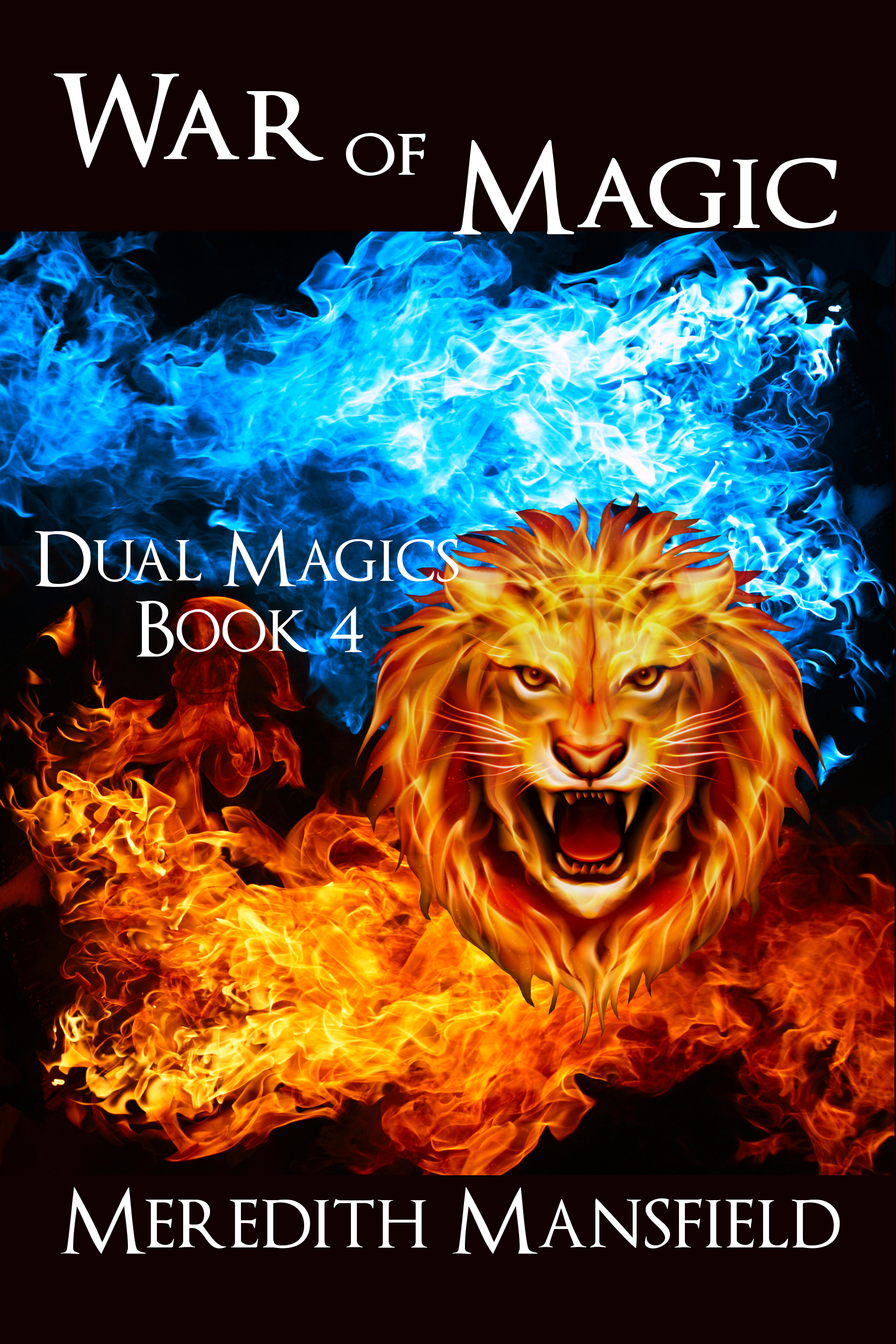I’ve been thinking about conflict a lot lately. Several different things have happened at around the same time to give me different perspectives on the issue.
Conflict, of course, is what drives a story forward. Without conflict, it might be a vignette, but it’s not a story. Story is all about the development and resolution of some central conflict. Otherwise, it’s just stuff happening, but it doesn’t come out to a story in the end. Conflict is how you know where your story should start (the inciting incident) and when it ends.
Now, there can be a difference between the conflict being there in my head and actually getting it onto the page.
I recently read a book by a well-known and respected author in my genre (fantasy), third in a series. I realized about three-quarters of the way through that that book didn’t really have much of a central conflict, it just bridged the gap between books two and four. It was interesting, because I already cared about the characters, but dinner was never late because I just had to finish one more chapter (something that had happened more than once with books one and two). Near the beginning of book four, something happens which shows how much internal conflict the MC was going through in book three. If that had only been on the page, the book would have been so much more gripping.
Well, and that’s similar to a problem that I have with THE IGNORED PROPHECY. A lot of what’s going on in that book is internal to my MC. So, now I know what I need to do on the next revision to that novel. It’s harder when most of the conflict is internal. Battles and confrontations are obvious.
At the same time, I just got a critique back on my short story “Becoming Lioness”, set in the same world. I’m still digesting some of the comments. Some, I think I agree with when I do another revision. Others, I’m not so sure. “Becoming Lioness” was a departure for me in short stories because there are three different conflicts that resolve around the same event. For a short story, I usually focus on one. This critique on this story actually came back that there wasn’t enough tension. Now, the reader is never wrong about their experience of the story. Which doesnt’ mean that they’re always right about the cause. I’m thinking it may be more of a pacing problem than a conflict problem. It is my longest short story yet. There may be things I can cut to move things along more quickly. I’ll have to think about that.
Update: Call me prophetic. A rejection just came back on “Becoming Lioness”, citing the pacing. I’ll get to work on that probably tomorrow. It’ll give me a bit of a break from revisions on DREAMER’S ROSE.
Read Full Post »







